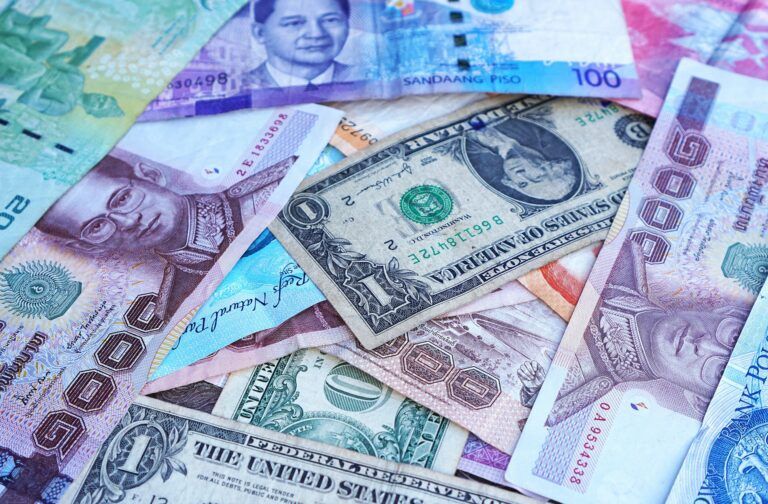The Group of Seven (G7) nations said on Friday that cryptocurrencies such as bitcoin were unsuitable for global payments systems but stablecoins, while not yet certain to be stable, may be better suited.
The G7 – France, US, Canada, Italy, Japan, Germany and the UK – published its final report on stablecoins with the acknowledgement that, as things stand, global cross-border payments and remittances could be slow and that cryptocurrencies had answered some of these problems, but were not without risk.
Cryptocurrencies, the report said, also suffered a number of limitations, including scalability and price volatility:
Thus, cryptoassets have served as a highly speculative asset class for certain investors and those engaged in illicit activities, rather than as a means to make payments.
Stablecoins
The report’s main focus, however, was on stablecoins and concluded that because they seek to stabilize the price of the digital token by linking its value to that of an asset or a pool of assets, they might be more capable of “serving as a means of payment and store of value, and could potentially contribute to the development of global payment arrangements that are faster, cheaper and more inclusive than present
arrangements”.
These potential benefits can only be realized, however, if significant risks are addressed:
Stablecoins, regardless of size, pose legal, regulatory and oversight challenges and risks including: legal certainty, sound governance, money laundering and other forms of illicit finance, market integrity, tax compliance and consumer and investor protection.
Libra Responds
The Libra Association – the group behind the proposed Libra stablecoin – responded by saying it would “operate with transparency and in partnership with regulators”. It added:
We welcome the opportunity to continue to engage and hope policymakers will give regulators time and space to continue to develop appropriate regulations.
Featured Image Credit: Photo via Pixabay.com









